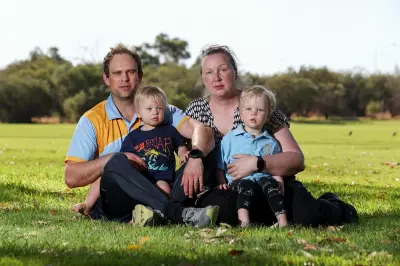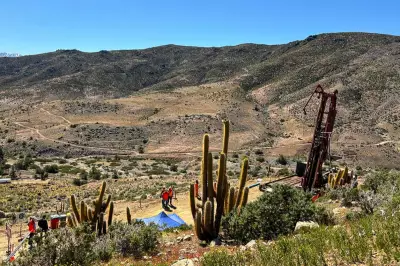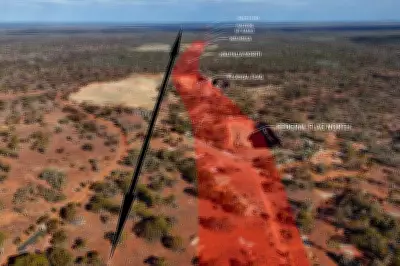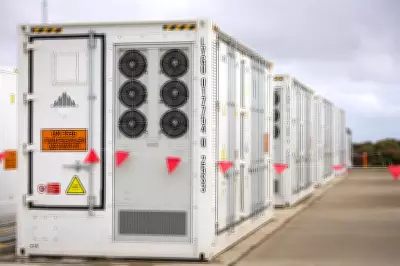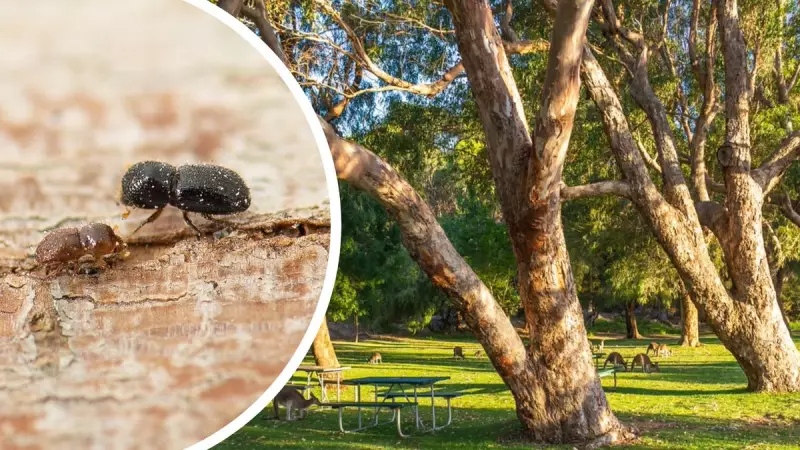
Western Australian homeowners are facing new financial responsibilities as the state government shifts its approach to combating the destructive polyphagous shot-hole borer invasion that has targeted Perth's western and riverfront suburbs since 2021.
New Management Strategy Takes Effect
In a significant policy change confirmed by the Department of Primary Industries and Regional Development this week, landowners will now need to cover the expenses for removing or managing borer-infested trees on their properties. This marks a deliberate transition from the previously unsuccessful eradication efforts to a long-term management approach.
The department clarified that tree owners now have the choice to either keep, prune, or completely remove affected trees from their land. This decision comes after the National Management Group determined earlier this year that complete eradication of the shot-hole borer was no longer technically achievable.
Expanded Quarantine Zones
Starting Friday, Perth's main quarantine zone will expand dramatically to encompass nearly the entire metropolitan region. The new boundaries stretch from Kwinana in the south to Wanneroo in the north, and extend eastward to include the outskirts of Ellenbrook, Kalamunda, and Armadale.
The government has established different response strategies based on location. Within the newly designated "management zone," which covers most metropolitan areas, damage control becomes the primary focus. However, in the outer "containment zone" that includes semi-rural districts like Serpentine-Jarrahdale, Mundaring, and Gidgegannup, DPIRD will maintain a more active presence.
Officers will continue to identify and prioritise infested trees for pruning or removal in containment areas to prevent further spread of the borer.
Support and Education Initiatives
The government is establishing a new specialist team to provide advice, education, and training programs for residents, industry professionals, and local governments regarding borer management techniques.
Dr Mia Carbon, deputy director of general biosecurity and emergency management, explained that "they will deliver an integrated pest management program, along with training, technical workshops and community education to help prepare for long-term management."
The team will also collaborate with arborists, nurseries, and horticulture industry representatives to ensure they have access to the latest tools and knowledge for effective borer control.
Movement restrictions for firewood, green waste, and untreated plant material remain in place as crucial measures to protect Western Australia's valuable horticultural and regional areas from further infestation.
For trees that were already scheduled for government-handled pruning or removal during the previous eradication phase, DPIRD confirmed these would still be processed without cost to property owners.
Dr Carbon emphasised that "biosecurity was a shared responsibility" requiring collective effort to protect Perth's urban tree canopy and the state's horticulture industries. She urged continued vigilance, noting that "early detection and management of high-risk infestations, particularly in the containment zone, remain critical to managing the spread and impact of shot-hole borer."
Residents are encouraged to report any suspicious findings through the MyPestGuide Reporter app or by calling the PSHB information line on 9368 3080.


